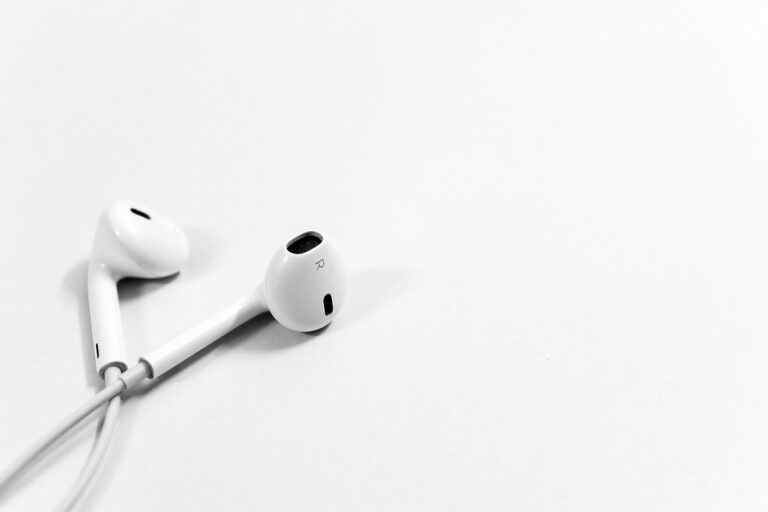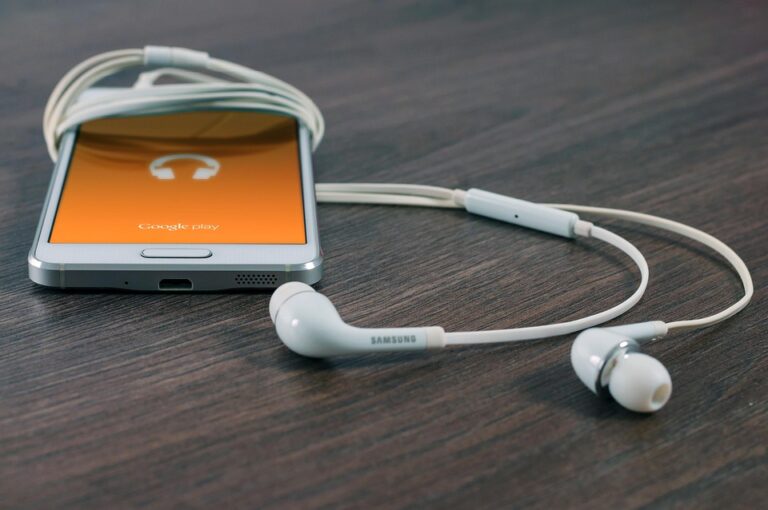
Understanding the Common Types of Lightning Cables: A Comprehensive Guide for UK Consumers
In a world increasingly dominated by technology, the humble lightning cable may often go unnoticed, yet it plays a pivotal role in our daily lives. Whether you’re charging your iPhone, syncing data with your iPad, or connecting your Mac to peripherals, understanding the various types of lightning cables available is essential for every savvy UK consumer.
1. The Standard Lightning Cable
At the forefront of lightning cables is the standard model, a staple in the Apple ecosystem. Introduced in 2012, the lightning connector has replaced the older 30-pin dock connector, providing a compact and reversible design. This means you can plug it in either way – a simple yet significant improvement.
However, not all standard lightning cables are created equal. The original cables made by Apple are often praised for their durability and performance, but third-party options abound. Some may look appealing due to lower prices, but beware of potential pitfalls. According to tech experts, opting for cheap alternatives can sometimes lead to compatibility issues or even damage to your device. So, whilst saving a few quid might be tempting, is it worth the risk?
2. Lightning to USB-C: The New Frontier
As technology evolves, so too do our charging options. Enter the lightning to USB-C cable, a bridge connecting older devices with newer technology. This cable allows you to connect your iPhone or iPad directly to a USB-C power adapter, enabling faster charging capabilities.
Many consumers are now investing in USB-C accessories due to their versatility and the increasing prevalence of USB-C in modern devices. Interestingly, the European Union has been pushing for a universal charging standard, which could further solidify the position of USB-C in the near future. For now, having both options at your disposal is a wise choice for those who like to stay ahead of the curve.
3. Lightning to 3.5 mm Headphone Jack Adapter
In an era where wireless technology is celebrated, the necessity for a lightning to 3.5 mm headphone jack adapter remains significant. Introduced alongside the iPhone 7, which famously ditched the headphone jack, this adapter allows users to connect traditional headphones to their devices.
Yet, the question persists: do we need this adapter in a wireless world? Many audiophiles argue that wired connections provide superior sound quality, while others embrace the convenience of Bluetooth. Regardless of your stance, having this adapter handy can save the day when your Bluetooth headphones run out of battery.
4. The MFi Certification: What You Need to Know
When navigating the sea of lightning cables, you might come across the term "MFi" – Made for iPhone/iPad/iPod. This certification is crucial, as it indicates that the product meets Apple’s strict performance standards.
Purchasing an MFi-certified cable ensures that you’re getting a product that has been tested for quality and compatibility. However, the absence of this certification does not always mean a cable is subpar. Some non-MFi cables perform well, but they come with inherent risks. It’s a gamble, really – one that could save you a few pounds or cost you dearly in the long run.
5. The Length Dilemma
The length of a lightning cable can significantly affect your user experience. Standard cables typically measure 1 metre, but options range from 0.5 metres to an impressive 3 metres or more. Short cables are great for portability, but they can limit your flexibility while charging. Conversely, longer cables provide the freedom to use your device comfortably while it charges, but they can be unwieldy and prone to tangling.
Ultimately, the choice comes down to individual needs and preferences. Are you often on the go, or do you prefer the comfort of charging from your sofa? Assess your lifestyle to ensure you choose the right length for your needs.
6. Choosing the Right Cable for Your Needs
With so many options at your fingertips, how do you choose the right lightning cable? It really boils down to understanding your device usage. If you’re a heavy user who frequently charges on the go, investing in a robust, MFi-certified cable is wise. If you’re someone who prefers the convenience of wireless audio, the lightning to 3.5 mm adapter might be more your speed.
Additionally, consider the brand reputation and warranty options. Cables may seem like a minor detail, but investing in quality can save you time, money, and frustration down the line.
The Bottom Line
Navigating the landscape of lightning cables may seem daunting, but with a little bit of knowledge, you can make informed choices that suit your lifestyle. From standard connectors to the latest USB-C offerings, understanding the nuances of each type will ensure that you have the right tools for your technological needs.
At BargainsTrust, we continuously strive to bring you the best selections of products, helping you make the most informed choices for your everyday needs. Whether you’re hunting for the perfect cable or other tech accessories, we’re here to guide you every step of the way.






